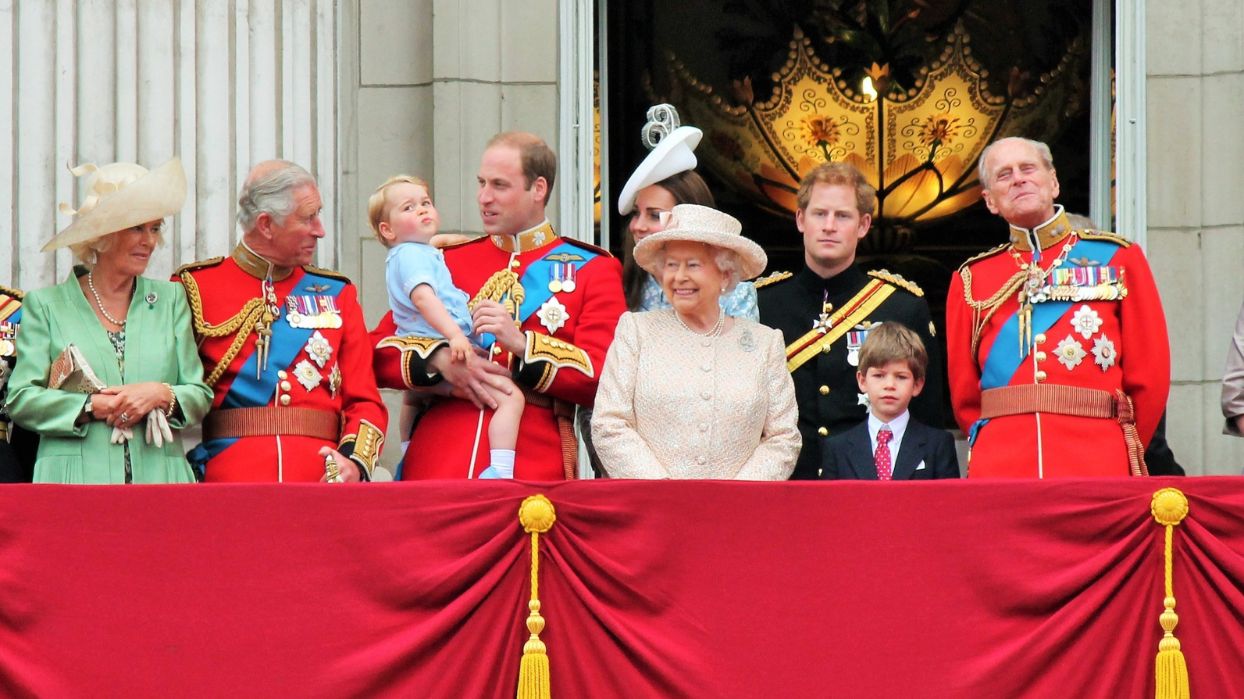The widespread belief in the myth of ‘common law marriage’ is a significant problem for family lawmakers in England and Wales. The lack of practical and effective legal protection for cohabiting couples leaves many vulnerable to relationship-generated disadvantages. Associate Ben Connor evaluates proposed reforms to the law and the potential impact of changes.
Cohabiting couples represent the fastest-growing family type in the UK, with over 3.6 million unmarried couples currently living together. However, many of those couples do not realise that cohabitation does not carry equivalent legal status to marriage or civil partnership, irrespective of the length of time spent living together.
Proposed reforms
The demand for legal reform has been gathering momentum for several years. On 4 August 2022, the UK parliament’s Women and Equalities Committee said in its report entitled ‘The rights of cohabiting partners’ that it is time for the law to adapt to “the social reality of modern relationships”. The report’s recommendations, which were made following a wide-ranging consultation to which Stewarts responded, can be summarised as follows:
- Reform family law to better protect cohabiting couples and their children from financial hardship on separation (and implement an opt-out cohabitation scheme),
- Give effect to the Law Commission’s proposals concerning intestacy and family provision claims for cohabiting partners,
- Publish clear guidance on how pension schemes should treat surviving cohabitants,
- Review the inheritance tax regime so that it is the same for cohabiting partners as it is for married couples and civil partners, and
- Conduct a public awareness campaign to distinguish marriage, civil partnership and cohabitation.
The recommendations are not excessive or unreasonable. They emphasised the need to provide cohabitants with intestacy and family provision claims at the end of the relationship, subject to certain qualifying criteria.
Government response
The Ministry of Justice rejected almost every recommendation in the Women and Equalities Committee’s report. Instead, it opted to underline the need for existing work on the law of marriage and divorce to be concluded before considering changes to the law in respect of the right of cohabitants. The government was reluctant to promote the interests of cohabitants over and above family members of the deceased. It noted that it remains open to individuals to take it upon themselves to set their affairs in order to ensure provision is made for a cohabiting partner. This is a fair point but not a practical one, given how many of us fail to make wills or living together agreements.
The sole cause for optimism stemmed from the government’s acceptance that there should be clearer guidelines on how pension schemes treat surviving cohabiting partners. While many occupational pension schemes do now provide similar benefits for bereaved unmarried partners, as Stewarts partner Matthew Humphries noted in the Financial Times, it will often be dependent on the “vagaries of individual scheme membership”. In most circumstances, scheme trustees remain responsible for determining the distribution of death-in-service benefits.
Impact
Taking the decision not to marry is (usually) a choice and not one that should be penalised by law, especially when the relationship is long-lasting and/or produces children.
The reality for cohabitants is challenging. Homemaking contributions can be ignored on the breakdown of the relationship, property ownership rights are more complex, inheritance tax rights are more limited and demonstrating legitimate pension entitlement can be an arduous process.
The situation is slightly more forgiving for those couples with children as there are paths to make claims for financial provision under the Children Act 1989. Even then, the court’s powers are limited both in scope and duration. Many partners suffer financial injustice and hardship in the event of separation, particularly if they have had primary responsibility for looking after the children, and this has impacted their careers or earning capacity.
With the number of people cohabiting continuing to rise, this issue will only increase in importance. Until the law is reformed in a way that keeps pace with societal trends and changes, there will be more and more instances of inequality and unfairness.
Conclusion
Cohabitation law in England and Wales has long been outdated and offers inadequate protection. It leaves many in a compromised position and without proper legal recourse in the event of the breakdown of their relationship.
Matthew Humphries, a partner in the divorce and family team at Stewarts, commented: “The government’s reluctance to engage with legal reform on the basis that there is work to be done on wholly separate areas of family law is disappointing. Introducing new laws that enable fair outcomes while being sympathetic to the fact that cohabitation is not the same as marriage is long overdue. It is already happening in many other jurisdictions, including other parts of the UK.”
Without any genuine prospect of cohabitation law reform in the immediate future, cohabitation agreements should increase in popularity for unmarried couples to safeguard their future. These private written agreements are entered into to determine relevant issues, especially property ownership, and can provide certainty for couples and fend off the prospect of future disputes.
You can find further information regarding our expertise, experience and team on our Divorce and Family pages.
If you require assistance from our team, please contact us or alternatively request a call back from one of our lawyers by submitting this form.
Subscribe – In order to receive our news straight to your inbox, subscribe here. Our newsletters are sent no more than once a month.







